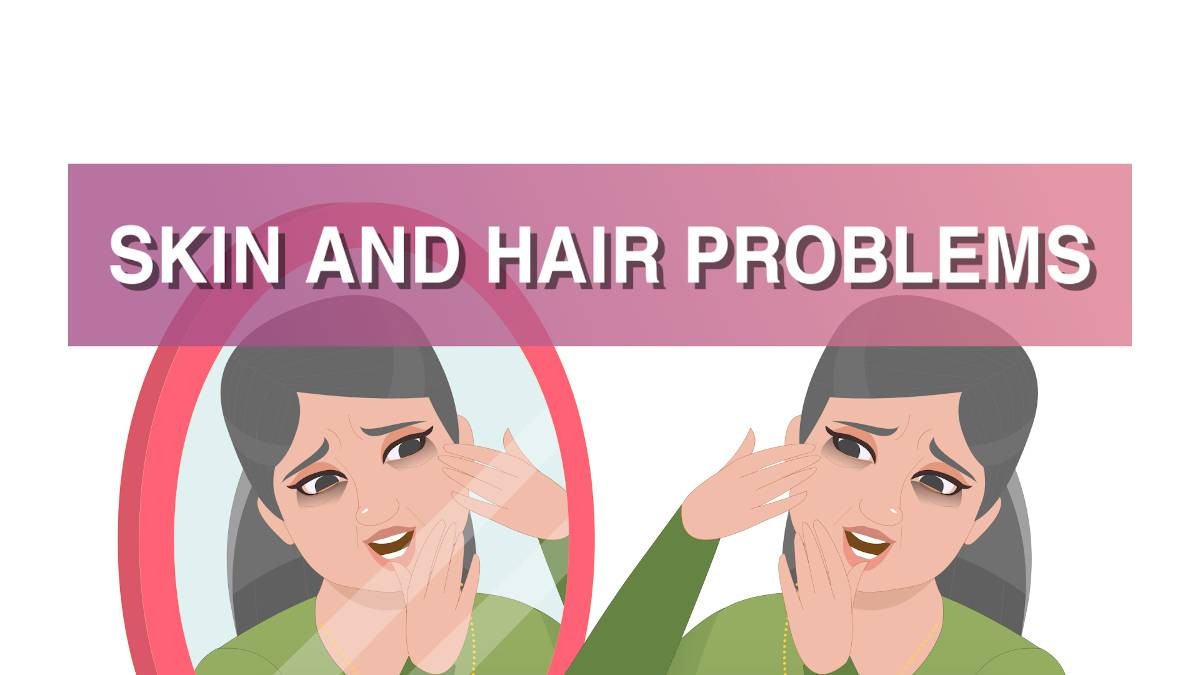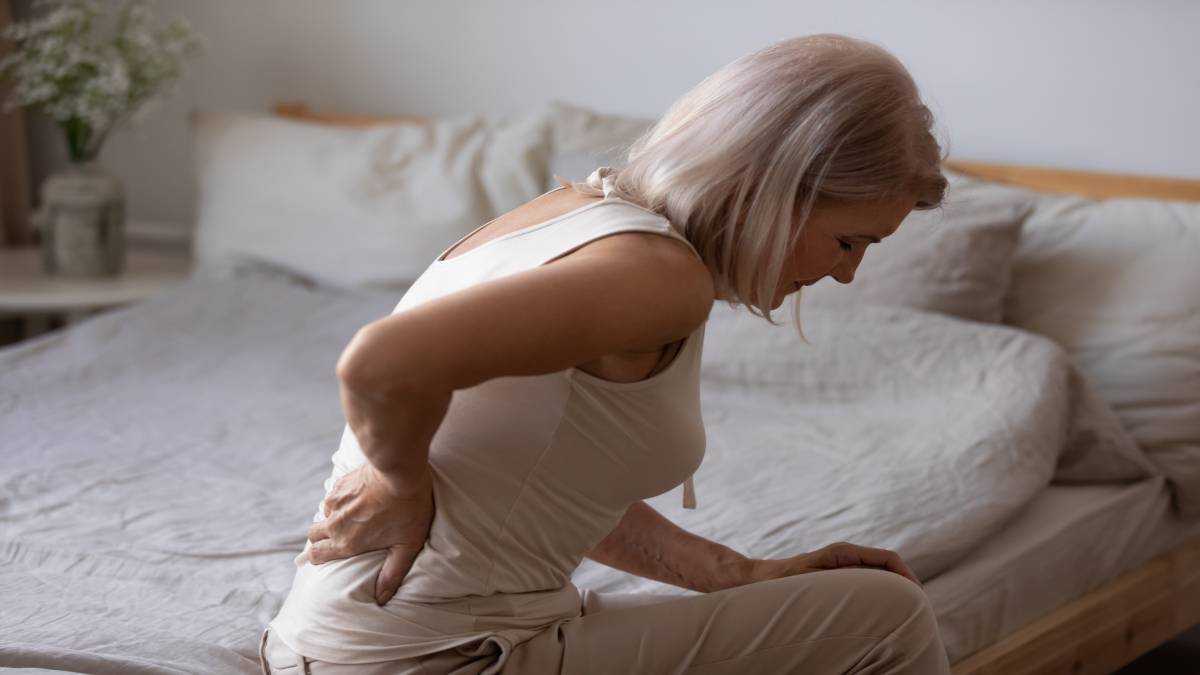
How sleep problems affect the body during menopause?
Symptoms of sleep problems that menopausal women complain of are falling asleep irregularly or waking up suddenly in the middle of the night. There are many possible causes of sleep problems in postmenopausal women, including vasomotor symptoms, hormonal changes in the ovaries, stressed leg syndrome, periodic leg movement syndrome, and obstructive sleep apnea. This review discusses the relationship between menopause and sleep disorders.

How can menopause affect sleep?
Menopause is that phase of a woman’s life when her ovaries prevent the generation of estrogen and progesterone hormones, and the woman stops menstruating. A normal part of aging, this marks the end of a woman’s reproductive years.
Menopause usually occurs between the late 40s and early 50s. It can also cause sleep problems.
During a woman’s reproductive years, while not experiencing the signs and symptoms of menopause, she is in what is technically considered pre-menopause. Hormones change at some point in a woman’s life, and the fluctuation of estrogen, progesterone, and other hormones can cause routine sleep problems long before the transition to menopause actually starts.
Changes in hormone levels with age can cause sleep disturbances, and sleep disturbances can regulate hormonal changes. This becomes a vicious circle.
Insomnia can affect about ten unique hormones, and changes in these hormones can cause changes in appetite, mental well-being, heart health, and even fertility.
Menopause and insomnia
Most people experience insomnia from time to time, but menopausal insomnia can last for weeks and even months if not treated well.
In the aftermath of menopause, many women have difficulty sleeping and staying asleep. This can be followed by hot flashes (due to fluctuations in estrogen and progesterone levels), which can lead to no sleep, stressed leg syndrome, obstructive sleep apnea, and breathing disorders.
Not getting enough sleep can affect all aspects of life, especially the mood and cause anxiety.
How to sleep well during menopause?
– Maintain a regular sleep pattern and make sure there is enough time to relax throughout the day.
– Maintain an optimal temperature in the bedroom and wear light cotton clothing.
– Try to control your body temperature before going to bed, so avoid heavy dinners and spicy foods.
– Eat a healthy and balanced diet.
– Exercise regularly.
– Quit smoking and stay away from alcohol.
Treatment of sleep problems during menopause
We looked at sleep disorders in postmenopausal women. Several factors and adjustments affect women during the transition to menopause and impact the regular sleep pattern. However, since the etiology of menopausal sleep disorders is multifactorial, sleep problems are simply a part of aging. Therefore, to effectively manage sleep disorders during menopause, it is very important to assess the cause. More research using randomized controlled trials is needed to determine the effectiveness of these remedies in postmenopausal women.










